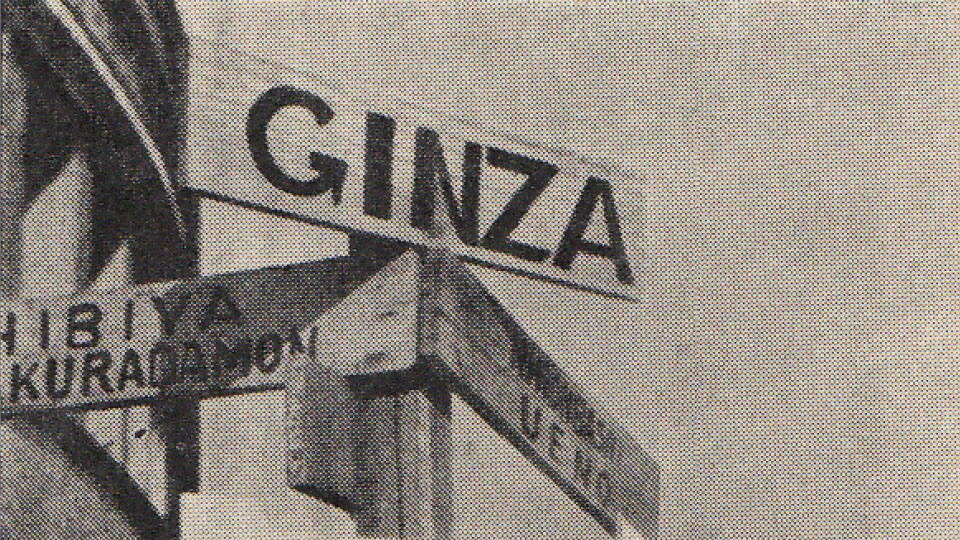Debating Tokyo's 'Sex Tourism City' Label
A notable discussion recently took place on May 16th within Japan's House of Representatives Cabinet Committee. A significant group of Diet members gathered to debate a sensitive issue: how to prevent foreigners from coming to Japan specifically for the purpose of buying sex.

Representative Kazunori Yamai of the Constitutional Democratic Party addressed the committee, stating, "Although it is difficult to say, there are reports that Tokyo is being called an 'Asian sex tourism city'." He posed a critical question: "Can the current situation of foreign men traveling to Tokyo for sex tourism be left unchecked? This concerns Japan's national dignity and the dignity of the Japanese people."
Why has this "difficult to say" issue become a topic for serious parliamentary debate? It stems from recent and frequent reports by international media outlets such as Hong Kong's South China Morning Post, CNN, and the BBC, highlighting the problem of foreign visitors engaging in "sex tourism" in areas like Tokyo's Kabukicho. For instance, in November 2024, the South China Morning Post published an article titled "Tokyo: Asia's new sex tourism capital?". The report pointed out that "foreign men are flocking to Tokyo, seeking low-cost sex services due to the weak yen and Japan's economic difficulties". These reports describe the area around Kabukicho's Okubo Park as a "'holy land' for prostitution", where young women openly solicit foreign tourists on the street. Some women reportedly admitted to serving "5 to 10 clients a day, half of whom are foreigners".
Why the Label? Economic Woes and Legal Loopholes
Several factors contribute to Tokyo being described this way. Firstly, the continuous depreciation of the Japanese yen is a major driver. Since 2022, the yen's exchange rate against the U.S. dollar has fallen to historical lows. This has significantly reduced the cost of consumption for foreign tourists in Japan. Consequently, the prices of sex services have become "affordable" for foreigners, undoubtedly attracting some seeking "sex tourism".

Secondly, the "implicitly legal" status of Japan's sex industry also plays a role. While the Prostitution Prevention Act, established in 1956, explicitly prohibits "sexual acts with an unspecified person in exchange for money," the law itself does not directly penalize the act of prostitution. Instead, it imposes criminal penalties only on surrounding activities such as solicitation, mediation, and providing a location. This legal framework allows the sex industry to thrive in a "grey zone", with establishments like "Soapland" evading legal regulation by providing "non-intercourse services".
Another contributing factor is the prevalence of Japan's "fuzoku culture" (風俗文化), which subtly provides fertile ground for the "sex tourism city" label. Since the Edo period, Japan's "yukaku" (licensed red-light districts) culture existed legally, and modern sex industry establishments are seen as its continuation. Although the Prostitution Prevention Act abolished the official "red-line" system, the "Amusement Business Act" (風俗営業法) still permits certain forms of sex services. This cultural background means the sex industry has a certain level of "tolerance" within Japanese society, leading foreign visitors to mistakenly believe that "sex transactions are legal in Japan".

Furthermore, the influence of social media cannot be ignored. On platforms like TikTok and X, Kabukicho is marketed as a "nightlife paradise", attracting a large number of foreign tourists. Some posts even explicitly state "how cheap and good Tokyo's sex services are," which further amplifies the impression of Tokyo as a "sex tourism city".
A More Complex Reality: Beyond the Simple Label
However, this label is not entirely objective. Foreign media reports often carry a sensationalist tone, tending to amplify negative phenomena while overlooking the complexity of Japanese society. For example, many women engaged in prostitution are not solely driven by economic poverty. Instead, some are pressured by high debts from malicious "host clubs" (ホストクラブ), or they engage in these activities "voluntarily" for purposes such as supporting idols or purchasing luxury goods.

Male host clubs reportedly use "romance brainwashing" to induce young women to incur high debts, forcing them into prostitution to repay their "urikakekin" (credit/tab). According to the Metropolitan Police Department, between January and November 2024, 88 women engaged in prostitution were arrested in the area around Okubo Park near Kabukicho. Of these, 31% stated they were earning money "for male hosts or male underground idol groups," and 19% said they were doing so "to travel or buy luxury goods". Only 15% of the women stated their reason was "forced by poverty". This phenomenon reflects a structural exploitation of young women in Japanese society: they become sacrifices in a supply chain, caught between consumerism and idol culture.

These underlying factors are often simplified in foreign reports, leading to Tokyo being solely labeled as a "sex tourism city". Japan is described as a country of contradictions, possessing both a refined side and unseen dark corners. The image of a city is not just its skyscrapers and cherry blossom views but also concerns social fairness and human dignity.
The Call for Change: Punishing the Client
Representative Harumi Yoshida also pointed out in the Cabinet Committee meeting that "the global trend is to arrest men who buy sex and protect women who sell it, but Japan is doing the opposite". She stated that "Japanese police primarily arrest only women, which is incomprehensible". Therefore, she argued that Japan should not only have the Prostitution Prevention Act but also a "Buy-Sex Prevention Law". She believes that only by penalizing clients in addition to women selling sex can Japan change the "unfortunate image of Tokyo as a sex tourism city".

Currently, a "Buy-Sex Prevention Law" is being considered. However, the Ministry of Justice's response indicates caution. They stated that "matters involving sex between men and women touch upon sensitive areas. From the perspective of not restricting the freedom of the populace, sufficient and careful consideration is still needed".
Related Articles
You may also like...
International Hostess Bar Since 1993
夢
ORIGIN
・ International Hostess Bar since 1993
・ Japanese Hospitality with International Service
・ Diverse and Charming Floor Ladies
・Located in Shinjuku, Tokyo
・Transparent Pricing
・Easy Online Reservations












.jpg)









